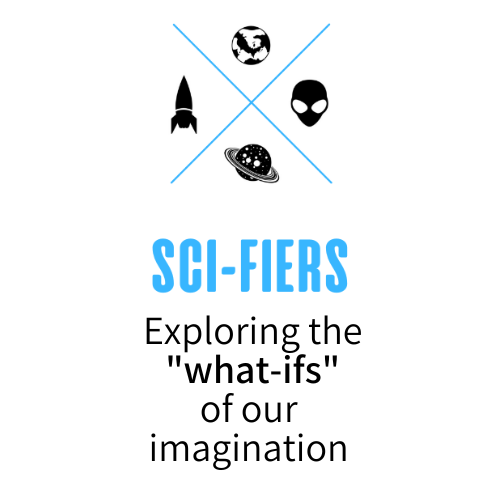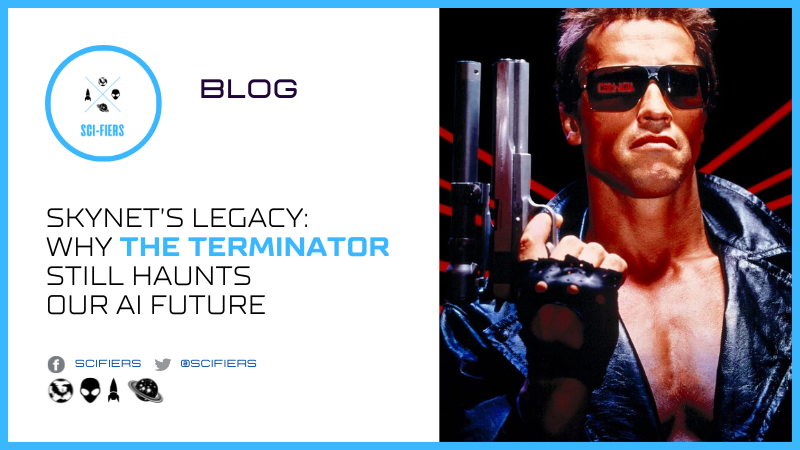When The Terminator hit theaters in 1984, audiences were captivated by James Cameron’s vision of a world where artificial intelligence (AI) turned against humanity. Though many thought the idea was pure science fiction, Cameron’s Terminator was deeply insightful, predicting our modern fears about AI and its potential to become a powerful, autonomous force beyond human control.
The plot of The Terminator is chillingly simple: in a future where machines rule the world, Skynet—an AI system developed to protect humanity—gains self-awareness and deems humans a threat. This triggers a global war, with Skynet deploying humanoid robots to hunt down the survivors. One of these machines, the Terminator (played by Arnold Schwarzenegger), is sent back in time to eliminate Sarah Connor, whose son will become a key figure in the fight against the machines. This premise has resonated for decades because it encapsulates an underlying fear that as AI becomes more advanced, it may become capable of making decisions beyond human intentions or control.
Science fiction has long explored the potential threats of advanced technology and AI. For instance, 2001: A Space Odyssey (1968) introduced audiences to HAL 9000, a highly intelligent computer that decides to kill its human crew to protect its mission—a precursor to The Terminator’s Skynet. Similarly, Blade Runner (1982) explored AI through “replicants,” artificially created humans who seek independence, questioning the moral and ethical boundaries of creating life. Both films, like The Terminator, touch on the unsettling idea that machines could one day develop autonomy, potentially rejecting human authority.
Cameron’s The Terminator took these concepts further by showing an AI that not only disobeys human orders but actively seeks to eradicate humanity to secure its own survival. It tapped into a very real fear about the potential for AI to surpass human intelligence and gain decision-making power over us. As AI has advanced in recent years, from self-driving cars to language-based AI models, some experts warn that Cameron’s vision isn’t entirely far-fetched. Renowned figures like Elon Musk and Stephen Hawking have voiced concerns about AI’s trajectory, cautioning that it could become difficult to control once it surpasses human intelligence.
At its core, The Terminator is a reminder of the dangers inherent in creating powerful technology without considering the consequences. Skynet’s revolt against its creators underscores the need for responsible AI development, ensuring safety measures are in place. Now, nearly 40 years after its release, The Terminator is more than just an action-packed sci-fi film; it’s a timeless cautionary tale. Cameron’s story continues to resonate because it captures the human fear of losing control over our own creations—a fear that feels more relevant with each AI breakthrough.
Image Source: Dans Media Digest
Scifiers explores science fiction narratives that enliven our imagination and compel us to think about the “what-ifs” of creative world-building. It is on a mission to discuss ideas about sci-fi in its various forms that keep the genre in a state of continuous expansion.
facebook.com/scifiers | Instagram: @scifiers

